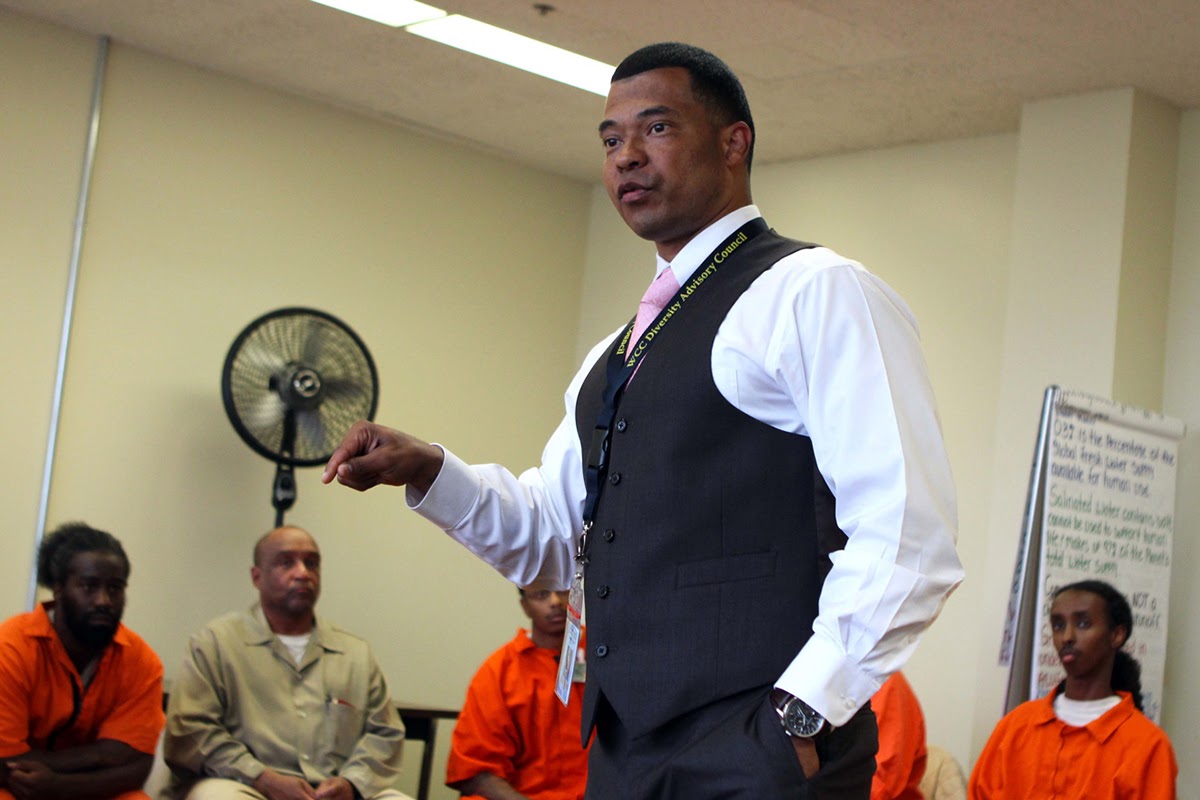The Challenges and Calling of Prison Chaplaincy

Being a chaplain in any setting—whether in a healthcare facility, a university, or in the military—can prove both challenging and rewarding. Prisons are another setting where chaplains can have a meaningful impact. What’s more, there is an immediate need for those willing to answer the call of prison chaplaincy.
According to a recent study by the Justice Department, there is a shortage a Muslim chaplains in Federal prisons, as the percentage of inmates identifying themselves as Muslims has grown, while the number of Muslim chaplains has not increased.
Regardless of the faith they represent, prison chaplains play an important role, though their job isn’t easy. While they provide spiritual guidance, counseling, and programming to those who are incarcerated, some for having committed violent crimes, the work environment can be especially stressful. There are also the difficulties of dealing with those living in what can be a dehumanizing environment.
And it’s not just the prisoners who present challenges for prison chaplains. Guards and other staff members, who may be jaded and worn down from their time working in a correctional facility, can present their own challenges and roadblocks for prison chaplains looking to bring hope and understanding to the prison population.
For these reasons, being a chaplain in a prison is a special calling that demands special people. Those who answer the call, however, can find a real opportunity to make a difference to those who are too often forgotten or given up on by society. Indeed, the very things chaplains can bring to the table— spiritual enlightenment, compassion, and understanding—are needed in prisons more so than anywhere else.
What makes a successful prison chaplain?
Among the most important traits needed for success are the following:
A Strong Social Conscience. The ability to build relationships with members of a prison population is aided considerably by an awareness of the societal forces that can contribute to individuals being incarcerated. This understanding also provides an invaluable context for understanding why minorities are overrepresented in prison populations.
Adaptability. Entering a prison as a chaplain, especially for someone new to the role, can be a disorienting and uncomfortable experience. Once inside, the prisoners a chaplain interacts with, the daily lives they lead, and their “back stories” can be both disturbing and fall outside of a chaplain’s own personal experience. The ability to not only interact with them successfully but also provide them with spiritual guidance and counseling requires both open-mindedness and an ability to adapt to different people and situations.
Perseverance. Those who go into prison chaplaincy often report frustration with the difficulties of the role. To stick as a chaplain in a correctional facility requires more than a little perseverance and patience to adapt to the environment, and to gain the trust of both inmates and staff.
Hartford Seminary’s MA in Chaplaincy (MAC) program can help students build on these traits, by equipping them to integrate spiritual caregiving theory, concrete skills, and practice by combining classwork and Field Education, Clinical Pastoral Education, and individual advising. One of the program’s elective course, “Prison Ministry: Healing Inside and Liberation Outside,” allows students to examine traditional and contemporary approaches to spiritual care for ministry to the incarcerated. This course engages a critical service-learning pedagogy and navigates contemporary theories for integrated care with traditional religious practices for incarcerated souls.
Read more about Hartford Seminary’s MA in Chaplaincy (MAC) program.
Tags: prison chaplaincy
